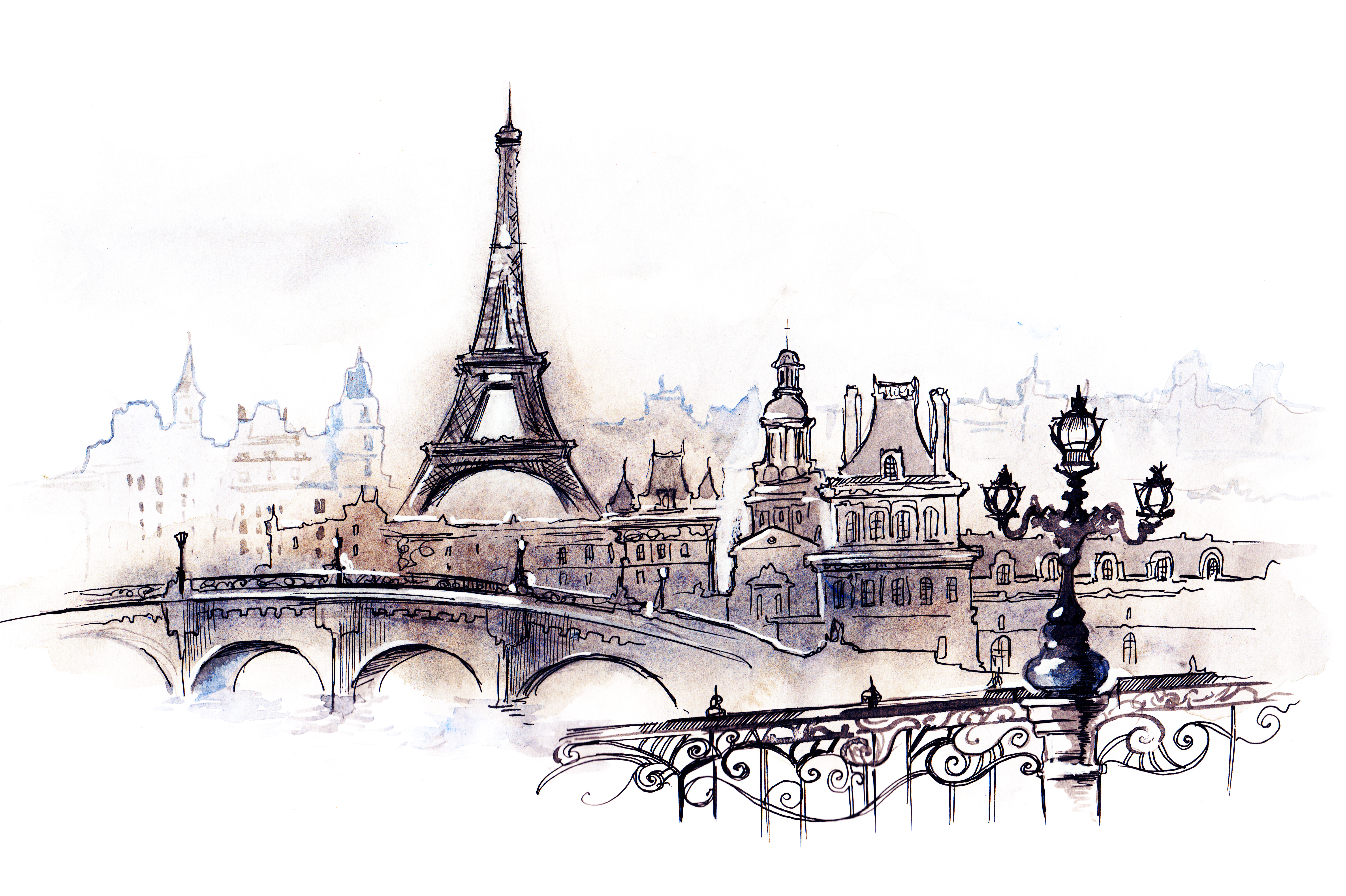Today marks the anniversary of the Paris Wine Tasting of 1976, a blind tasting panel that came to be known as the ‘Judgement of Paris’ – more on that in a moment…
Briefly (as there’s tons of excellent documentation on this event available anywhere fine wine books are sold, and of course, the interwebz) a British wine merchant set up a Chardonnay and Red Wine tasting with the elite gastronomicos of France in Paris as a publicity stunt, only one journalist showed up as all the other press outlets saw it as a nonstory, a few hours later, the entire wine world was flipped upside down and has never been the same since (California beat the French wines in both categories).
To this day, the 1973 vintages of Chateau Montelena Chardonnay and Stag’s Leap Cabernet Sauvignon that received the top honors sit in the Smithsonian Museum’s collection.
Story has it that some of the Judges wanted their cards back so as to never have their points published, they were not returned. The French were furious.
What we will be exploring today is the informal event name ‘Judgement of Paris’ as it was used as an allusion to the ancient Greek myth by the same name. So here for a deeper dive into history, especially since the Greeks were big cork dorks too, we will look upon the original Judgement of Paris:
Long and short, Paris, a Trojan mortal was selected by Zeus to judge Hera, Athena, and Aphrodite on their beauty because Zeus didn’t want to decide himself, the winner to be granted the golden apple. All three ladies offered bribes to Paris, and ultimately he chose Aphrodite who offered him the most beautiful mortal woman, Helen of Sparta if he chose her. Bad move. Helen was already married to the Greek king Menelaus. The Greek expedition to retrieve Helen from Paris in Troy is the basis of the mythological Trojan War.
While it is said that Hera was objectively the most beautiful, it was Aphrodite’s sexual charms that sway Paris’ opinion. Athena was so enraged at losing and being considered asexual due to her attachment to war that she joined the Greeks in the battle against Paris’ Trojan Army, a major turning point in the war.
So why the informal namesake likeness with the wine tasting?
Consider the judges playing the part of Paris (being asked to judge by another). The wines would be the ladies, asked to bare themselves (blind tasting, no labels) and tantalizing Paris (only the color of the wine, nose, and taste are available to judge upon) for his selection (the final score cards tally). At the end of the tasting, the scores handed top honors (the golden apple) to California wines (likened as Aphrodite, cuz let’s face it, Napa Wines are sexy AF) and infuriated the judges (just as Hera and Athena were pissed about the results) who wanted their score cards back (Athena’s wrath on Troy).
So there you have it, the true story of the Judgement of Paris (through our simplified lens). Always remember, the classic stories are built upon didactic messages, so the moral of the story is, if someone asks you to judge and you agree to do so, make sure you are willing to stand by your judgement.
Rarely, if ever, does life offer a take back.

